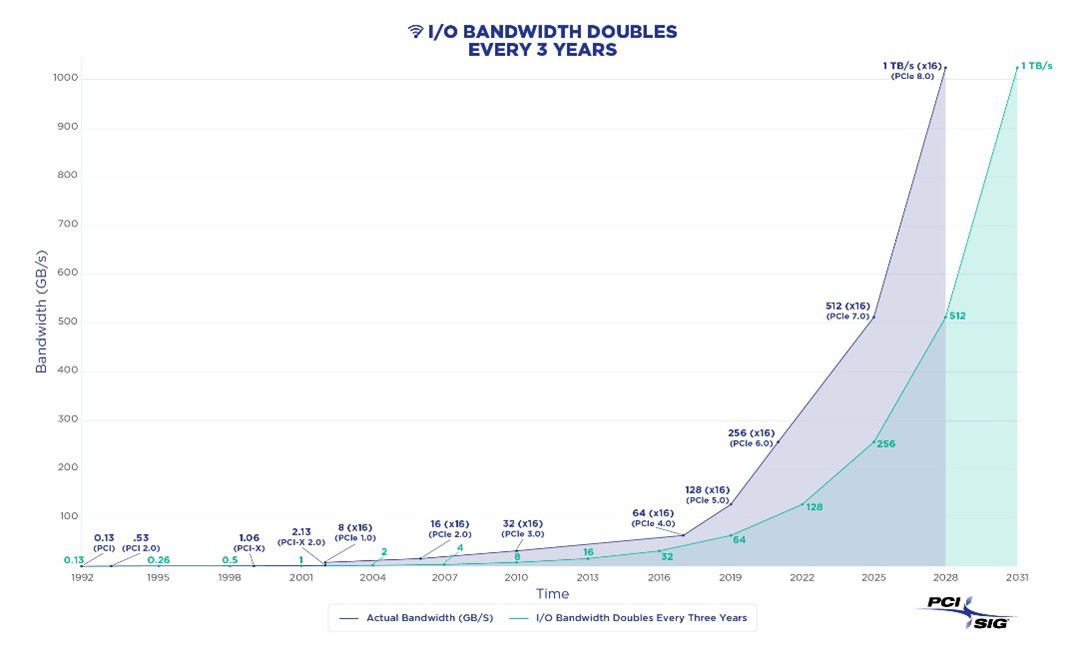

By Winnie Wu, Senior Director Product Marketing at Marvell
Welcome to the beginning of row-scale computing.
At the 2025 OCP Global Summit, Marvell and Infraeo will showcase a breakthrough in high-speed interconnect technology — a 9-meter active electrical cable (AEC) capable of transmitting 800G across standard copper. The demonstration will take place in the Marvell booth #B1.
This latest innovation brings data center architecture one step closer to full row-scale AI system design, allowing copper connections that stretch across seven racks - that’s nearly the length of a standard 10-rack row. It builds on the prior achievement by Marvell of a 7-meter AEC demonstrated at OFC 2025, pushing high-speed copper technology even further beyond what was thought possible.
Pushing the Boundaries of Copper
Until now, copper connections in large-scale AI systems have been limited by reach. Traditional electrical cables lose signal quality as distance increases, restricting system architects to a few meters between servers or racks. The 9-meter AEC changes that equation.
By combining high-performance digital signal processing (DSP) with advanced noise reduction and signal integrity engineering, the new design extends copper’s effective range well beyond conventional limits, maintaining clean, low-latency data transfer over distances once thought achievable only with optical fiber.
By Annie Liao, Product Management Director, ODSP Marketing, Marvell
For over 20 years, PCIe, or Peripheral Component Interconnect Express, has been the dominant standard to connect processors, NICs, drives and other components within servers thanks to the low latency and high bandwidth of the protocol as well as the growing expertise around PCIe across the technology ecosystem. It will also play a leading role in defining the next generation of computing systems for AI through increases in performance and combining PCIe with optics.
Here’s why:
PCIe Transitions Are Accelerating
Seven years passed between the debut of PCIe Gen 3 (8 gigatransfers/second—GT/s) in 2010 and the release of PCIe Gen 4 (16 GT/sec) in 2017.1 Commercial adoption, meanwhile, took closer to a full decade2

Toward a terabit (per second): PCIe standards are being developed and adopted at a faster rate to keep up with the chip-to-chip interconnect speeds needed by system designers.
Copyright © 2025 Marvell, All rights reserved.
